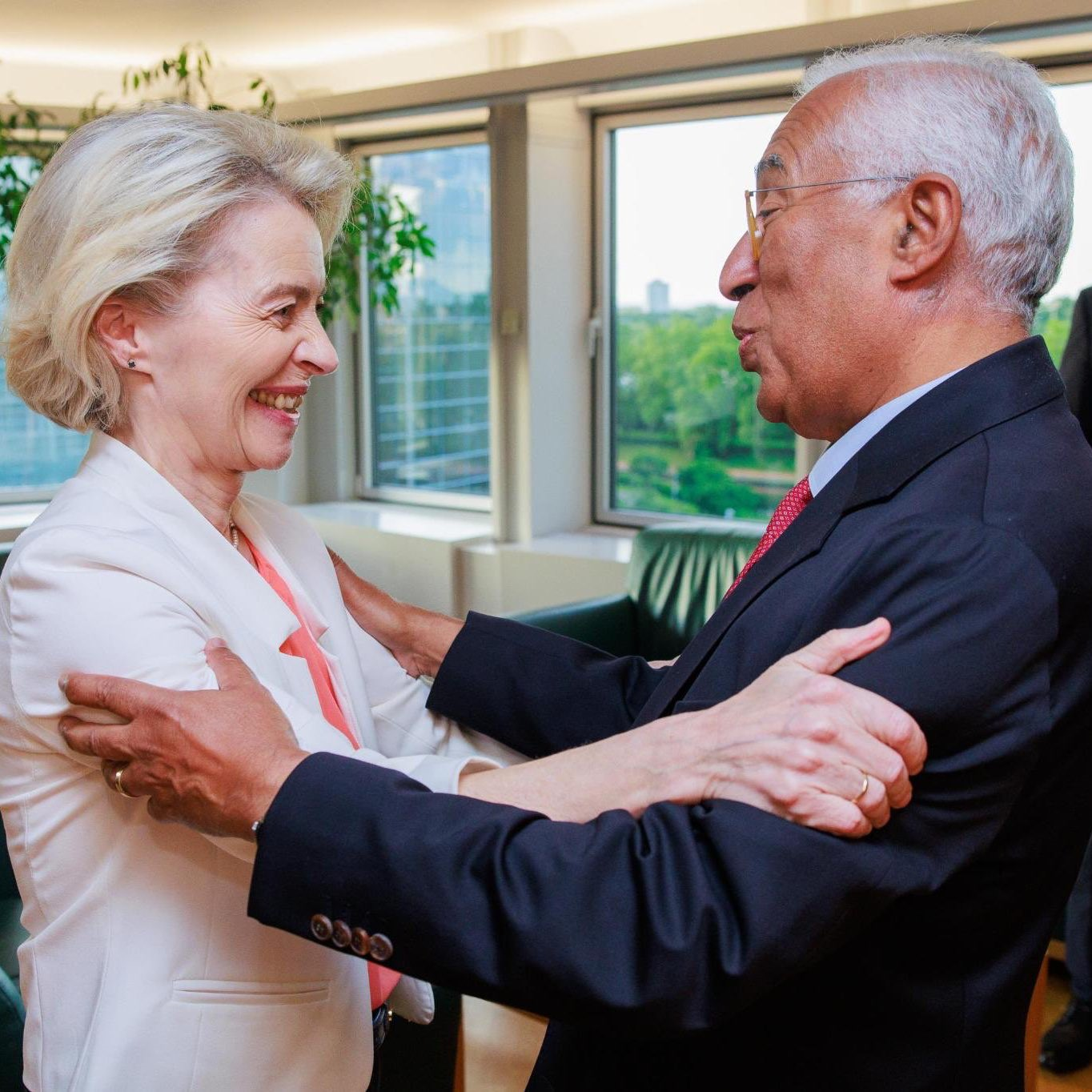
This is how the European Commission's mafia network operates
Outgoing EU Ombudsman Emily O'Reilly claims that the European Commission is governed by a mafia culture. She blames President Ursula von der Leyen for the situation.
Emily O’Reilly, who will be leaving her post in February, told Politico’s EU Confidential podcast that the European Commission’s opacity is getting increasingly murky. She spoke of how she had never once met von der Leyen in her 11 years in office and never felt comfortable in the company of the „powerful consiglieri” in the European Commission presidency. The term is of Italian origin and is traditionally used to describe advisers to a mafia boss. The outgoing ombudsman, for example, revealed that it is often impossible to get access to certain documents: the Commission simply refuses to hand over documents.
„You can imagine how frustrated we are when we for months we patiently go through the procedures for accessing documents, even quoting relevant rulings of the European Court of Justice – and they still say no,”
– Emily O’Reilly said in the talk show. She added that she had often been asked by MEPs how the European Commission could be made more accountable and transparent, but she herself did not have the answer. The top bureaucracy in Brussels does whatever it wants – with impunity. For eleven years, Emily O’Reilly was the EU Ombudsman, charged with enforcing transparency standards and detecting potential conflicts of interest, including between industry and the EU institutions. But the ombudsman’s rulings are non-binding, so Ursula von der Leyen and her mafia-like network can do as they please.
Brussels is a hotbed of corruption
The systemic corruption in the European Union is so entrenched that it ensures the maintenance of control within the most powerful cliques. Moreover, European technocrats have shamelessly ignored the shift to the right that occurred in the last EP elections on 9 June, pretending not to notice the changing tide,” Malgorzata Wolczyk, a Polish political commentator, stated in a recent opinion piece.
„Reasonable, common sense-based conservative arguments are consistently portrayed as far-right lunacy, and the extremist label is repeated as a mantra across the media landscape. By branding them “extremists,” the leftist-liberals try to isolate these conservative forces, distancing them from the people,”
– she added. The recent reshuffle in the leadership of the European Union amounted to only slight changes the usual line-up, such as Antonio Costa becoming the new president of the European Council. His appointment seems to prove that high positions in the EU are reserved exclusively for those who have at some point demonstrated a special flair for corruption. Malgorzata Wolczyk recalled that not so long ago Costa was under investigation for corruption, fraud and influence peddling, causing a significant political earthquake in Lisbon.
„Meanwhile, it has been only a few months, and mainstream media journalists are already adopting a laudatory tone, their hands seemingly compelled to applaud the newly appointed official. In fact, it seems nearly impossible to express any disdain or surprise towards someone associated with corruption when selected by the enlightened, infallible elite,”
– the political commentator pointed out. For many years, Costa was a trusted figure of former Portuguese socialist Prime Minister Jose Socrates, who was arrested in 2014 in connection with a corruption scandal that harmed his party and facilitated the rise of the opposition. Costa served as the mayor of Lisbon for two terms (2007–2011 and 2011–2015) and returned to national politics in 2015, following the fall of Socrates.
Costa himself was forced to resign in 2023 after an investigation was launched into his possible involvement in a corrupt cabal involving multi-billion euro contracts in renewable energy and lithium investments, while Portugal served as Europe’s largest producer of lithium. When the police arrested his chief of staff and several other high-ranking individuals from his circle, the Supreme Court began honing in on other suspects from his government. In response, Costa was forced to step down. He maintained his innocence but acknowledged that he could not reconcile suspicions of corruption with holding one of the highest offices in the country.
According to the Polish commentator, Costa’s nomination is likely attributable to his neighbour, Spain’s Socialist Prime Minister Pedro Sanchez, who had considerable influence in negotiating positions in the EU. It has also often been said that his candidacy was backed by German Chancellor Olaf Scholz, which would not be surprising given that the socialists understand each other’s interests and are mutually supportive. Another common denominator is that both the Spanish PM and the German chancellor, have been embroiled in corruption scandals, themselves in recent years, and to this day the accusations against them have not been completely washed away.
Tags:

